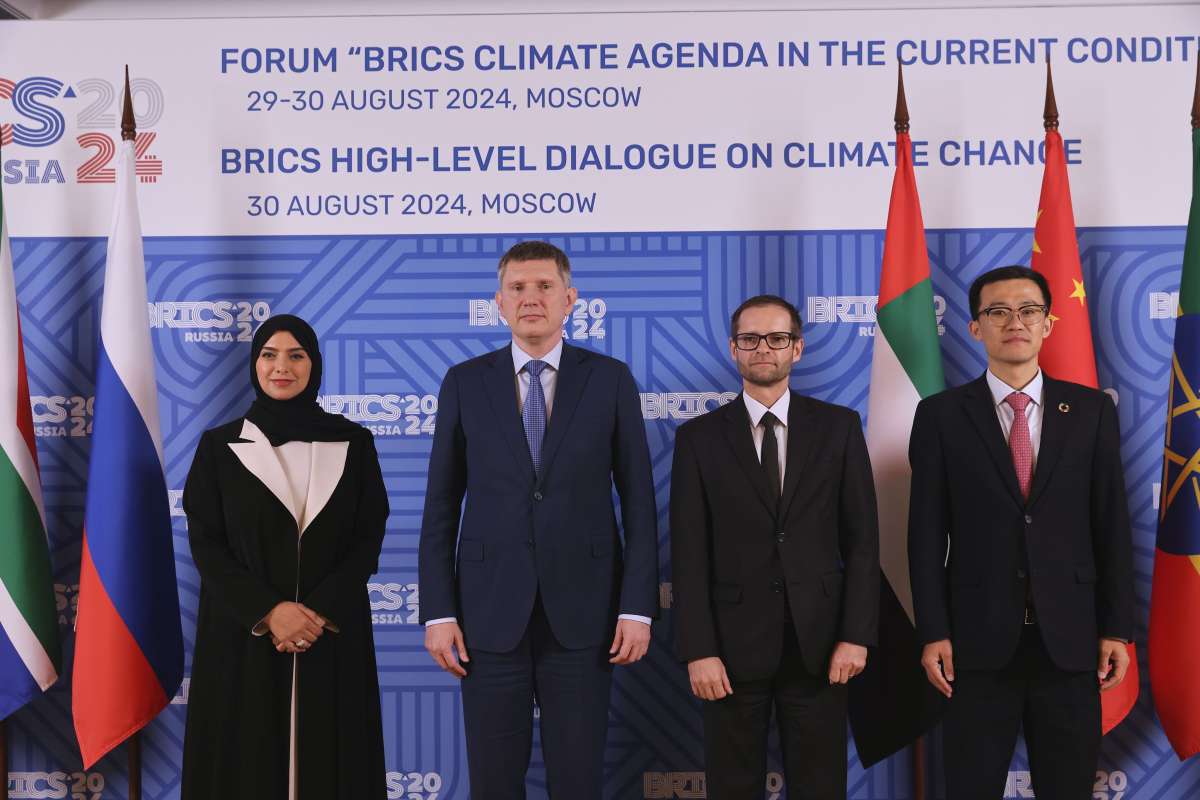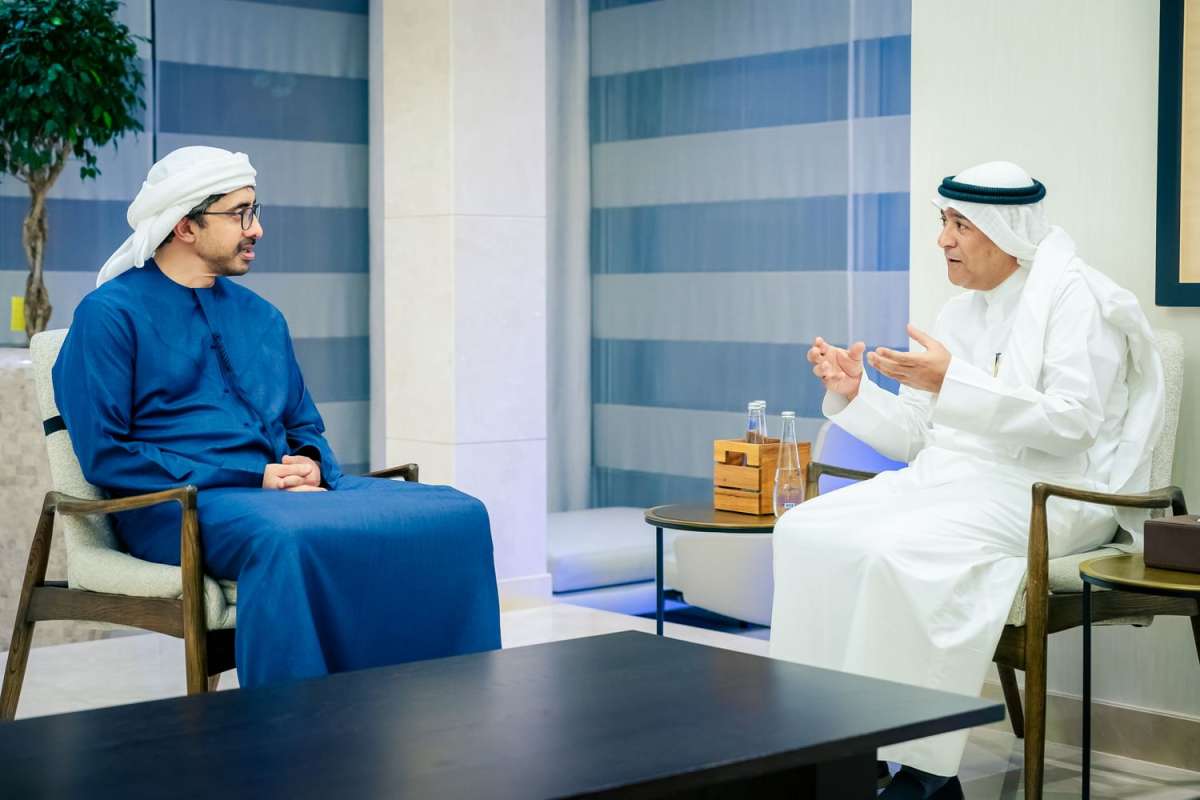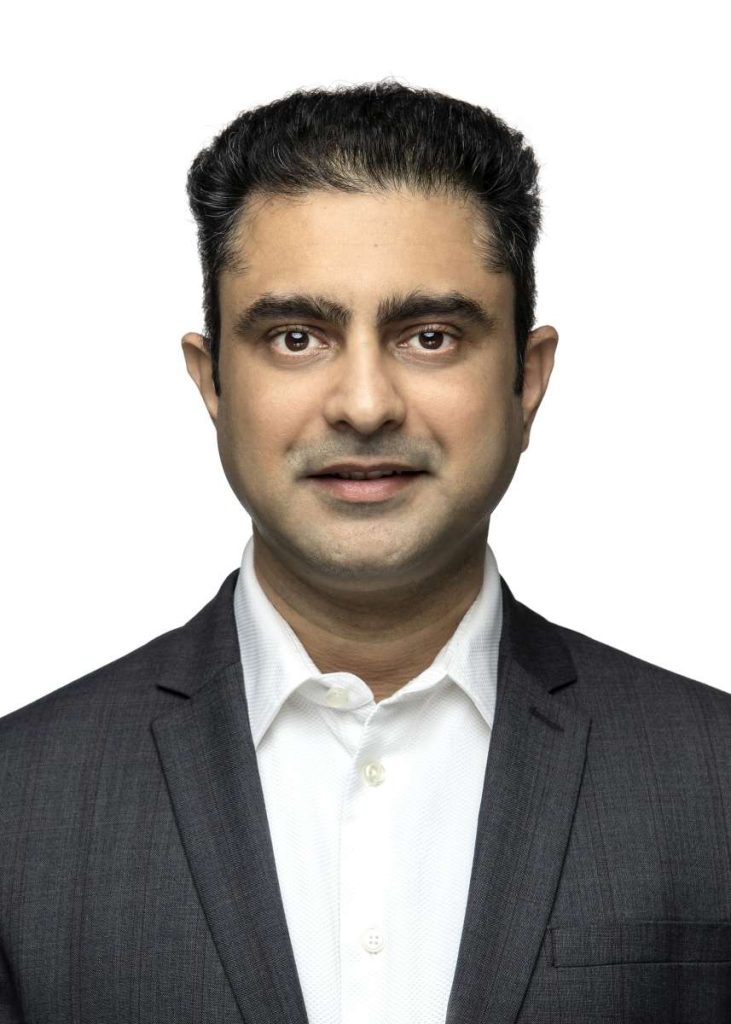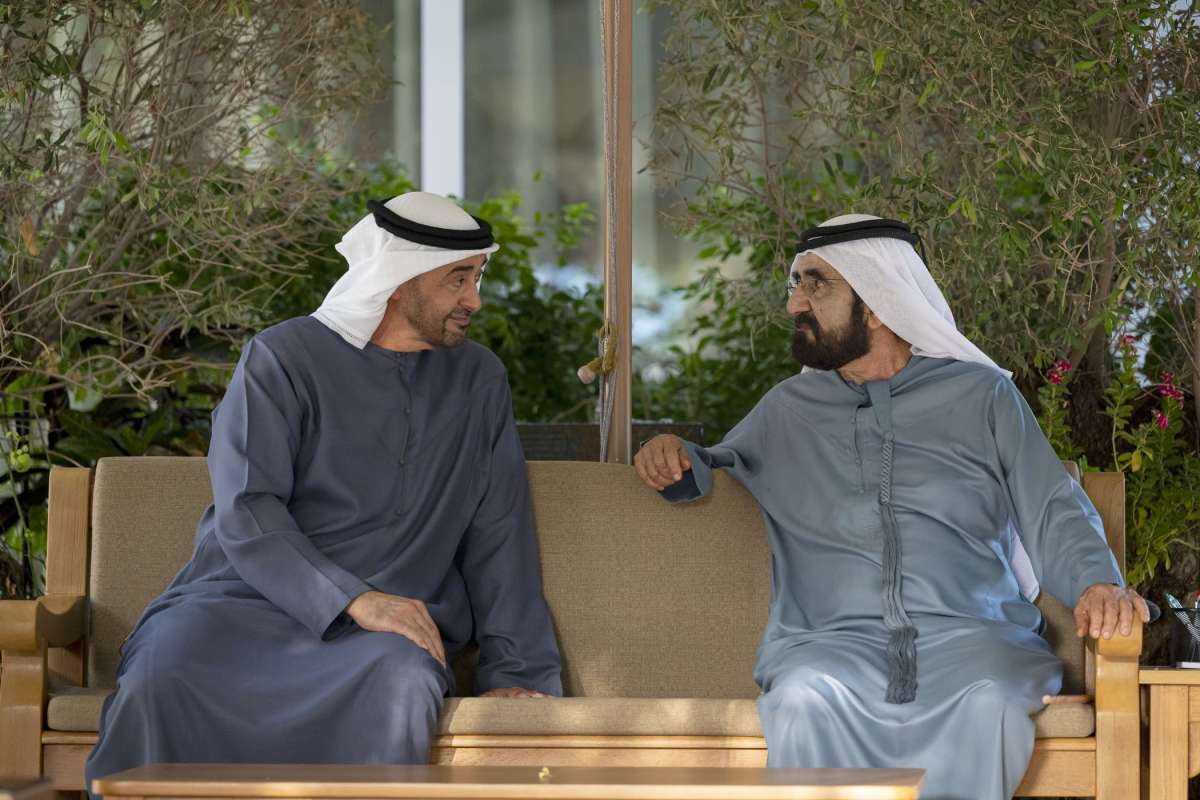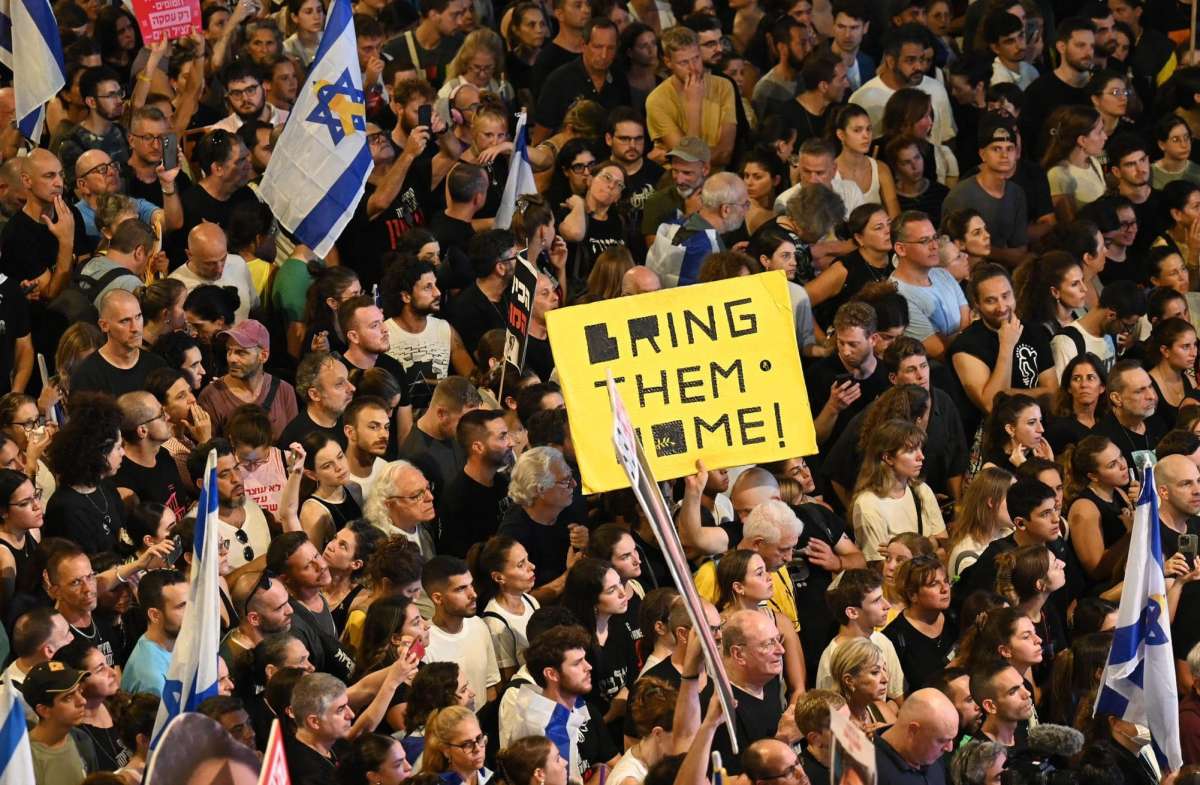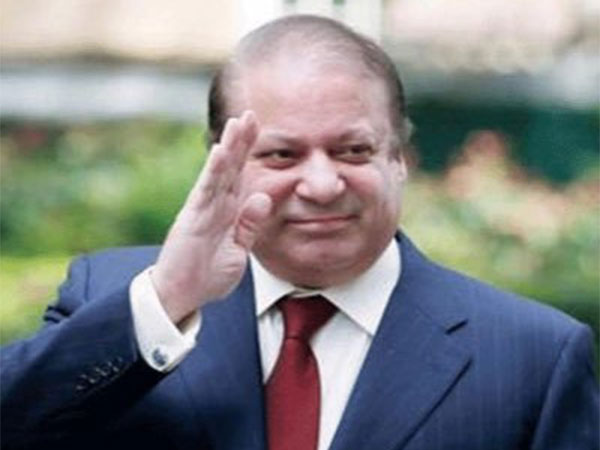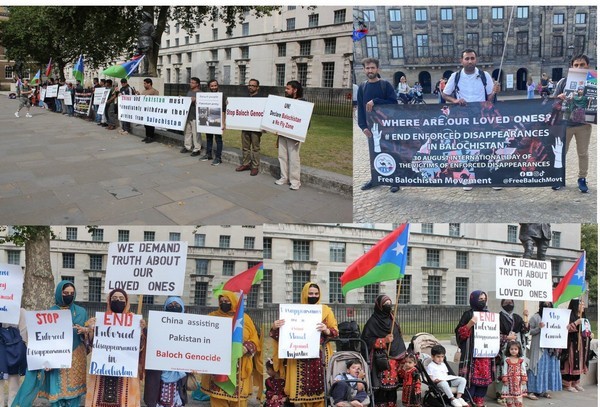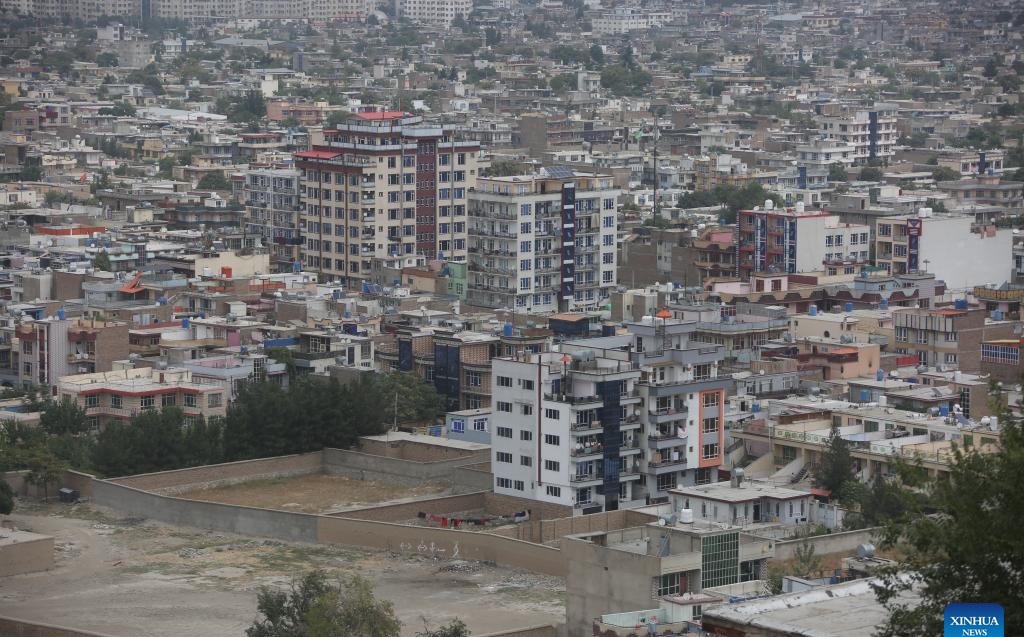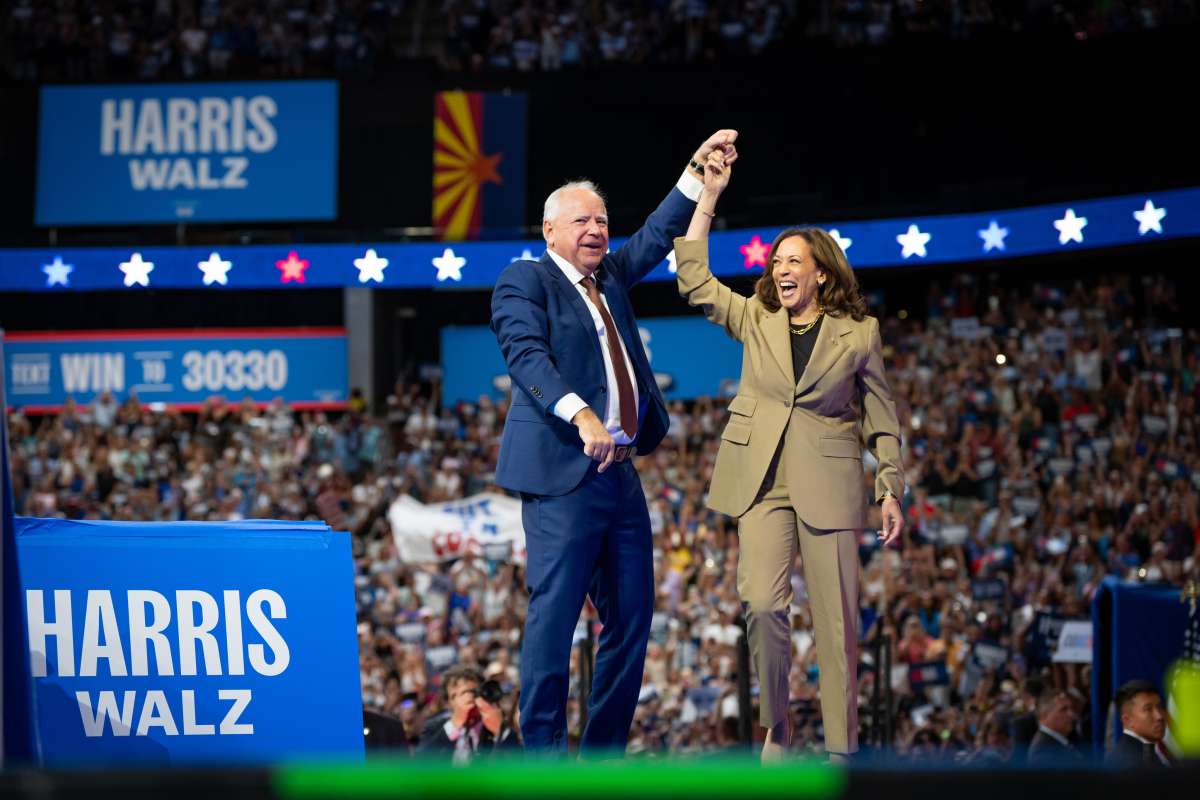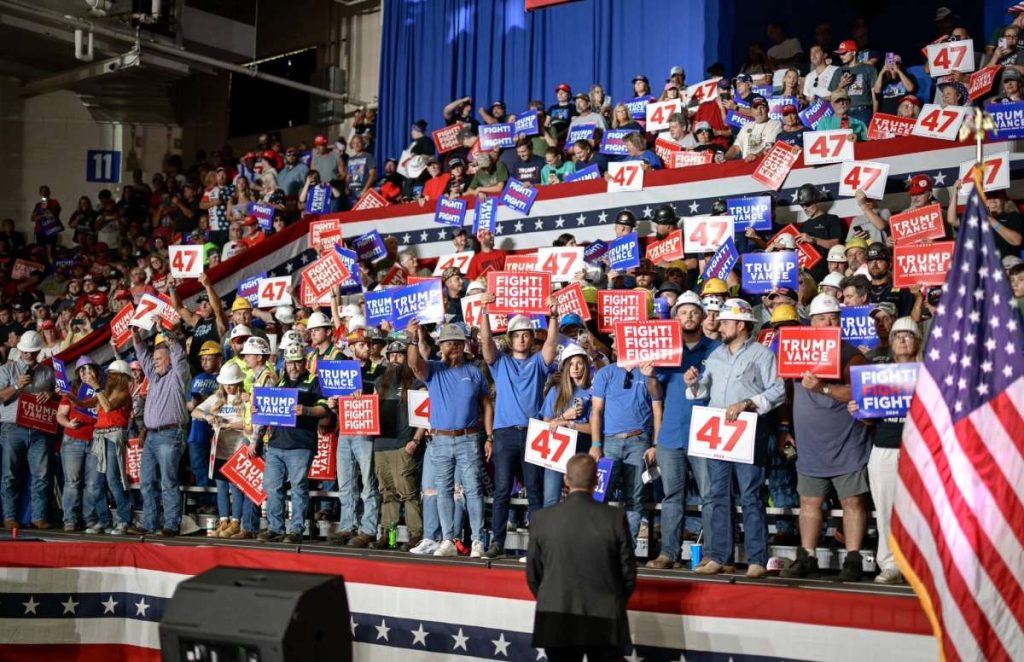Al Khoori explained that the UAE aims to boost economic cooperation with BRICS nations by identifying opportunities to enhance trade…reports Asian Lite News
The UAE’s accession to the BRICS group has embodied its commitment to multilateralism and constructive dialogue, aiming to support development, prosperity, and wellbeing for nations worldwide.
This move aligns with the UAE’s long-standing approach of building partnerships with countries, international organisations, and institutions to enhance the competitiveness and sustainability of its economy and explore new growth opportunities.
Younis Haji Al Khoori, Under-Secretary of the Ministry of Finance, emphasised that the UAE’s strategic partnerships have effectively showcased its key initiatives globally, adding that joining BRICS aligns with the “We the UAE 2031” vision, aiming to strengthen the UAE’s role as a strategic partner in promoting global economic cooperation.
Al Khoori told the Emirates News Agency (WAM) that the UAE’s BRICS membership will strengthen efforts to build balanced economic relations, advance sustainable national economic growth, and solidify its position in emerging and developing markets. “It involves numerous projects and initiatives with other BRICS nations and long-term partnerships with international organisations, including the World Bank Group and the International Monetary Fund, to promote balanced prosperity worldwide,” he added.
He stated that the UAE’s leadership in fostering international trade cooperation, highlighted by hosting the 13th WTO Ministerial Conference in February 2024, has enabled the country to address critical global issues. This has led to Comprehensive Economic Partnership Agreements, solidifying the UAE’s role in global trade and enhancing its capacity to support economic growth regionally and globally.
Al Khoori explained that the UAE aims to boost economic cooperation with BRICS nations by identifying opportunities to enhance trade, promote financial stability, and support sustainable development goals. Through its BRICS membership, the UAE seeks to play a leading role in shaping initiatives that strengthen its position in global economic cooperation and advocate for economic multilateralism.
The UAE aims to strike a balance between global policy priorities and the needs of the Global South, Al Khoori stated. “Committed to inclusivity and equity in the global economic landscape, the UAE strives to ensure that international policies effectively consider the interests and perspectives of developing nations. It will advance the development agenda of the New Development Bank concerning emerging markets and developing countries, where the bank is a key tool for promoting BRICS development priorities,” he further added.
He highlighted the achievement of Thuraya Hamed Al Hashimi, Director of the International Financial Relations and Organisations Department at the Ministry of Finance, as the first Emirati and Arab woman to join the New Development Bank’s Board of Directors.
Addressing the UAE’s participation in the BRICS financial track, Al Khoori mentioned that the Ministry of Finance has activated the UAE’s BRICS Financial Track team. The ministry’s efforts have enabled the UAE to participate effectively with BRICS chair countries, particularly in a series of meetings at the ministerial and technical levels.
These meetings discussed various topics, including the development of monetary and financial systems, potential methods for infrastructure financing, and the role of multilateral finance in enhancing the attractiveness of infrastructure investment projects, Al Khoori stated, adding that these active participations underscore the UAE’s proactive approach in shaping global economic cooperation and financial stability policies, particularly in the Global South.
On financial cooperation mechanisms with BRICS countries, Al Khoori said, “The UAE looks to bridge cooperation to achieve common goals, including financial stability, growth, sustainable development, and strengthening trade and financial cooperation to support economic growth in the Global South. The UAE aims to support these efforts through knowledge exchange to contribute to building a global economic and financial framework that upholds the highest standards of justice, balance, representation, and inclusivity, grounded in the principles of economic multilateralism.”
Al Khoori affirmed that the UAE is exploring collaboration with BRICS in tax and customs matters, including mutual administrative assistance in customs, data exchange, training centre collaboration, and technical cooperation in tax administration to enhance tax digitalisation.
Regarding the impact of UAE’s BRICS membership on its financial sector, Al Khoori said, “UAE’s membership in BRICS represents a strategic achievement for its financial sector, opening new avenues for collaboration and creating exceptional opportunities for UAE financial institutions to engage with their counterparts in BRICS countries.”
He noted that strengthening ties with BRICS countries aims to boost the UAE financial sector’s resilience through technological and structural advancements that enhance the efficiency of financial institutions. This includes maintaining the UAE’s strong financial standing, supported by a flexible legislative framework and advanced digital infrastructure.
Al Khoori highlighted the economic significance of BRICS, stating, “The expansion of BRICS membership in 2024 has significantly enhanced the group’s economic standing, now representing around 45 percent of the world’s population and 25 percent of global exports. The combined GDP of BRICS members accounts for 29 percent of the global GDP.”
He affirmed that the UAE’s membership in this group presents an exceptional opportunity to create vast economic, trade, and investment prospects with member countries, contributing to the UAE’s long-term sustainable economic growth and reinforcing its position as a leading global economic hub.
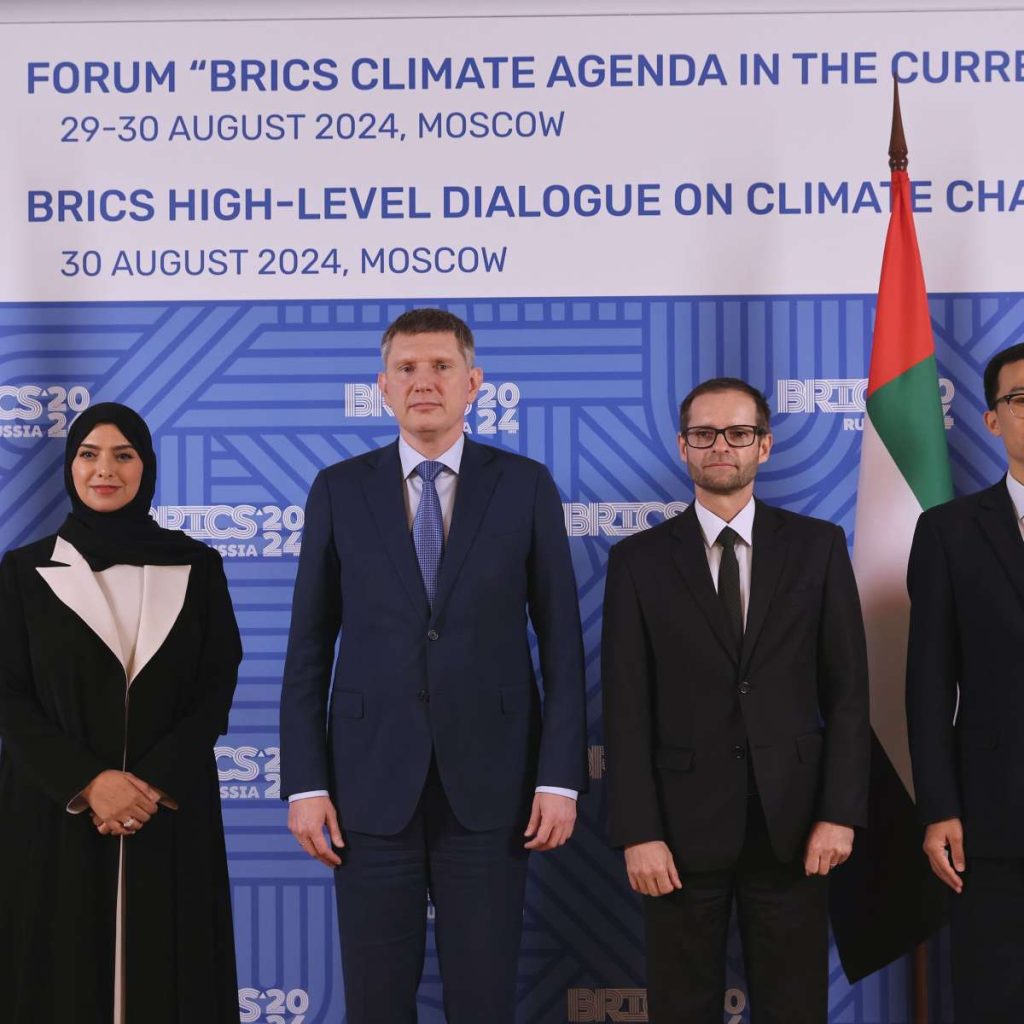
Commitment to BRICS on climate, sustainability
Dr. Amna bint Abdullah Al Dahak Al Shamsi, Minister of Climate Change and the Environment, took a prominent role at the BRICS High-Level Dialogue on Climate Change in Moscow on 30th August 2024.
The event comprised two sessions, the first covering “National Efforts to Combat Climate Change and Promote Sustainable Development”, and the second focusing on the “Cooperation of the BRICS Countries on Climate Change and Sustainable Development”.
During the first session, Dr. Amna Al Dahak stated, “Last year, we announced a nationwide pledge to reduce emissions by 40 percent compared to a business-as-usual scenario by 2030, as outlined in the third edition of the UAE’s second Nationally Determined Contributions report. This commitment aligns with the UAE’s Net Zero 2050 Strategy, which aims to reduce emissions from a comprehensive economic perspective and establish clear pathways for various sectors to enhance ambition and advance towards a sustainable future.”
She confirmed that the UAE has invested US$50 billion in renewable energy projects across more than 70 countries and plans to invest an additional US$50 billion over the next decade.
Dr. Al Dahak emphasised the UAE’s commitment to strengthening international collaboration, particularly among BRICS countries, in developing urgent solutions to address and adapt to climate change. She also underscored the significance of cooperation in carbon markets, as proposed by the BRICS group.
During the second session, Dr. Amna Al Dahak stressed that cooperation in strengthening efforts to confront climate change is an urgent priority. “The lack of such cooperation would undermine global efforts to address critical challenges, including hunger, poverty, and ill health, and in enhancing access to clean water, energy, and other essential aspects of sustainable development.”
She added, “The UAE is committed to enhancing its national efforts to combat climate change and contributing to international initiatives in promoting climate action. Through various projects and initiatives, the UAE aims to directly contribute to achieving a sustainable future for both its citizens and humanity, as a whole.”
The Minister of Climate Change and the Environment reaffirmed the UAE’s commitment to cooperate within the BRICS group on climate change and sustainable development. She emphasised the UAE’s strong commitment to fostering a global movement on this critical issue for future generations.
ALSO READ: UAE President, VP discuss national affairs

